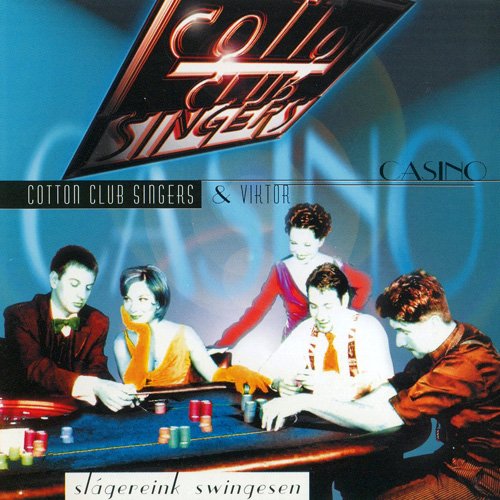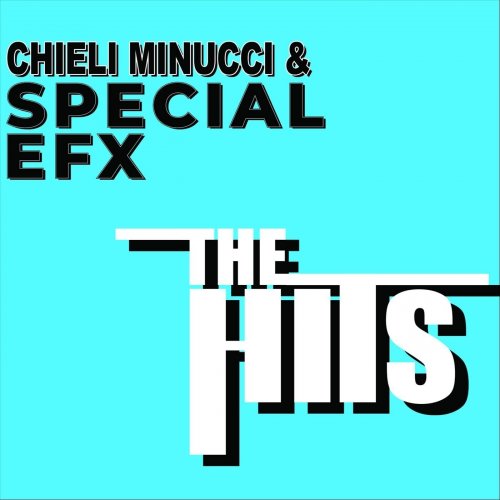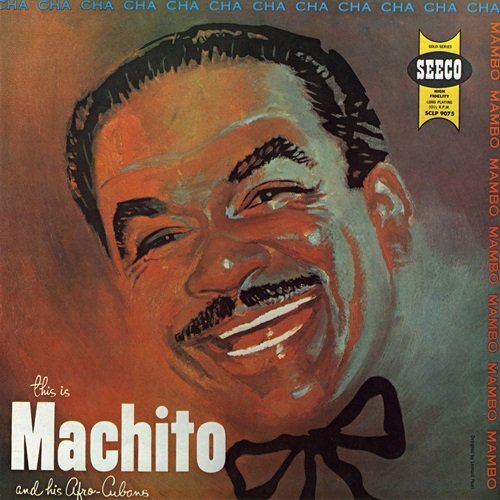Yellow Magic Orchestra - Best Selection (Japan, 1990)
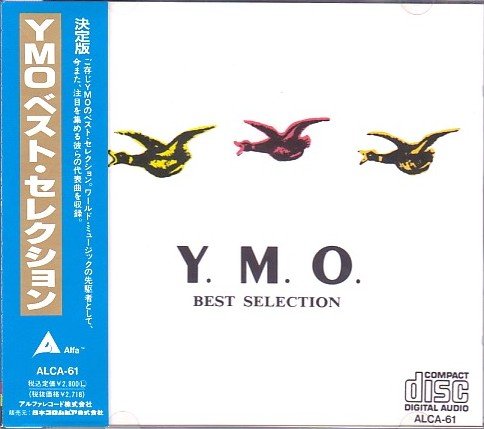
Artist: Yellow Magic Orchestra
Title: Best Selection
Year Of Release: 1990
Label: Alfa Records ALCA-61
Genre: Electronic, Synth-Pop
Quality: FLAC (image+.cue,log,scans)
Total Time: 57:57
Total Size: 351 MB
WebSite: Album Preview
Tracklist:Title: Best Selection
Year Of Release: 1990
Label: Alfa Records ALCA-61
Genre: Electronic, Synth-Pop
Quality: FLAC (image+.cue,log,scans)
Total Time: 57:57
Total Size: 351 MB
WebSite: Album Preview
1. Rydeen 4:28
2. Behind The Mask 3:38
3. Cosmic Surfin' 4:30
4. Tong Poo 6:18
5. Technopolis 4:16
6. 1000 Knives 5:25
7. Taiso 4:24
8. Nice Age 3:49
9. Key 4:34
10. Day Tripper 2:42
11. U-T 4:33
12. Seoul Music 4:47
13. Cue 4:32
The trailblazing force behind the emergence of the Japanese techno-pop sound of the late '70s, Yellow Magic Orchestra remains a seminal influence on contemporary electronic music -- hugely popular both at home and abroad, their pioneering use of synthesizers, sequencers and drum machines places them second only to Kraftwerk as innovators of today's electronic culture. YMO was formed in Tokyo in 1978 by keyboardist Ryuichi Sakamoto, who at the time was working on his debut solo LP; among his collaborators was drummer Yukihiro Takahashi, himself also a solo performer as well as a member of the art rock group the Sadistic Mika Band. The third member, bassist Haruomi Hosono, boasted an even more impressive discography, including four solo records as well as a number of production credits.
Solid State Survivor
Agreeing to join forces as Yellow Magic Orchestra, the trio soon debuted with a self-titled LP influenced largely by the robotic iconography of Germany's Kraftwerk; 1979's Solid State Survivor heralded a quantum leap in their sound, with stronger songs and a more focused use of electronic tools, complete with English lyrics by Chris Mosdell. While 1980's Xoo Multiplies was at best a mixed bag including comedy skits and two different covers of the Archie Bell & the Drells classic "Tighten Up," Public Pressure captured YMO performing live. Their two 1981 releases, BGM and Technodelic, both delved deeper into synth pop, exploring new stylistic territory anticipating the individual musicians' subsequent solo projects. Service, from 1983, again offered skits, this time courtesy of the theatrical troupe S.E.T.
After Service
Following the ambitious Naughty Boys and another live record, After Service, Yellow Magic Orchestra disbanded at the peak of their popularity, with its members wishing to revive their respective solo careers. Sakamoto enjoyed the highest visibility of the YMO alumni -- a noted film composer, he gained his greatest exposure co-writing the Academy Award-winning score to the 1987 film The Last Emperor. Hosono also pursued film music as well as ambient projects, while Takahashi enjoyed an eclectic and experimental return to his rock roots. By the 1990s, YMO was cited regularly as a pioneer of ambient house music, resulting in the release of the remix album Hi-Tech/No Crime. The original trio then reunited in 1993, recording the LP Technodon before again going their separate ways.
Solid State Survivor
Agreeing to join forces as Yellow Magic Orchestra, the trio soon debuted with a self-titled LP influenced largely by the robotic iconography of Germany's Kraftwerk; 1979's Solid State Survivor heralded a quantum leap in their sound, with stronger songs and a more focused use of electronic tools, complete with English lyrics by Chris Mosdell. While 1980's Xoo Multiplies was at best a mixed bag including comedy skits and two different covers of the Archie Bell & the Drells classic "Tighten Up," Public Pressure captured YMO performing live. Their two 1981 releases, BGM and Technodelic, both delved deeper into synth pop, exploring new stylistic territory anticipating the individual musicians' subsequent solo projects. Service, from 1983, again offered skits, this time courtesy of the theatrical troupe S.E.T.
After Service
Following the ambitious Naughty Boys and another live record, After Service, Yellow Magic Orchestra disbanded at the peak of their popularity, with its members wishing to revive their respective solo careers. Sakamoto enjoyed the highest visibility of the YMO alumni -- a noted film composer, he gained his greatest exposure co-writing the Academy Award-winning score to the 1987 film The Last Emperor. Hosono also pursued film music as well as ambient projects, while Takahashi enjoyed an eclectic and experimental return to his rock roots. By the 1990s, YMO was cited regularly as a pioneer of ambient house music, resulting in the release of the remix album Hi-Tech/No Crime. The original trio then reunited in 1993, recording the LP Technodon before again going their separate ways.
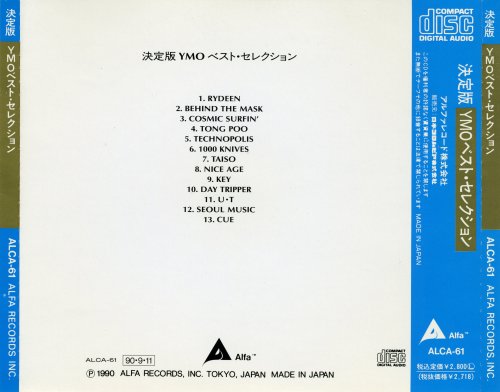
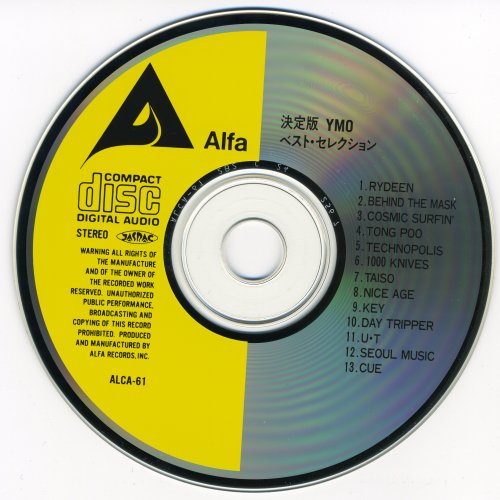
![Abraham Réunion - Jaden an nou (2026) [Hi-Res] Abraham Réunion - Jaden an nou (2026) [Hi-Res]](https://www.dibpic.com/uploads/posts/2026-02/1770745777_folder.jpg)
![Ravi Ramsahye PROTOTYPE - Sunglint (2026) [Hi-Res] Ravi Ramsahye PROTOTYPE - Sunglint (2026) [Hi-Res]](https://www.dibpic.com/uploads/posts/2026-02/1770729667_folder.jpg)
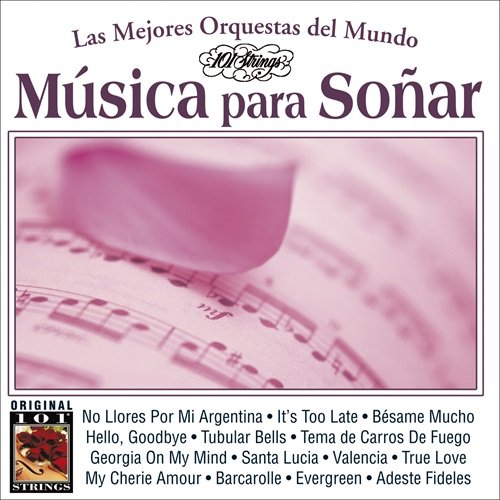
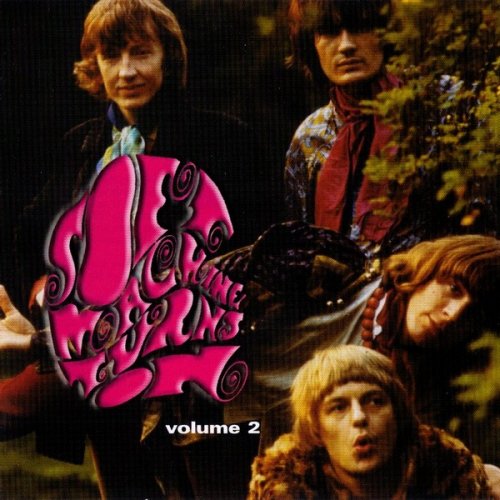
![Carmen McRae - Carmen McRae (Remastered 2014) (2026) [Hi-Res] Carmen McRae - Carmen McRae (Remastered 2014) (2026) [Hi-Res]](https://www.dibpic.com/uploads/posts/2026-02/1770854395_mhompkx1v4d7b_600.jpg)
